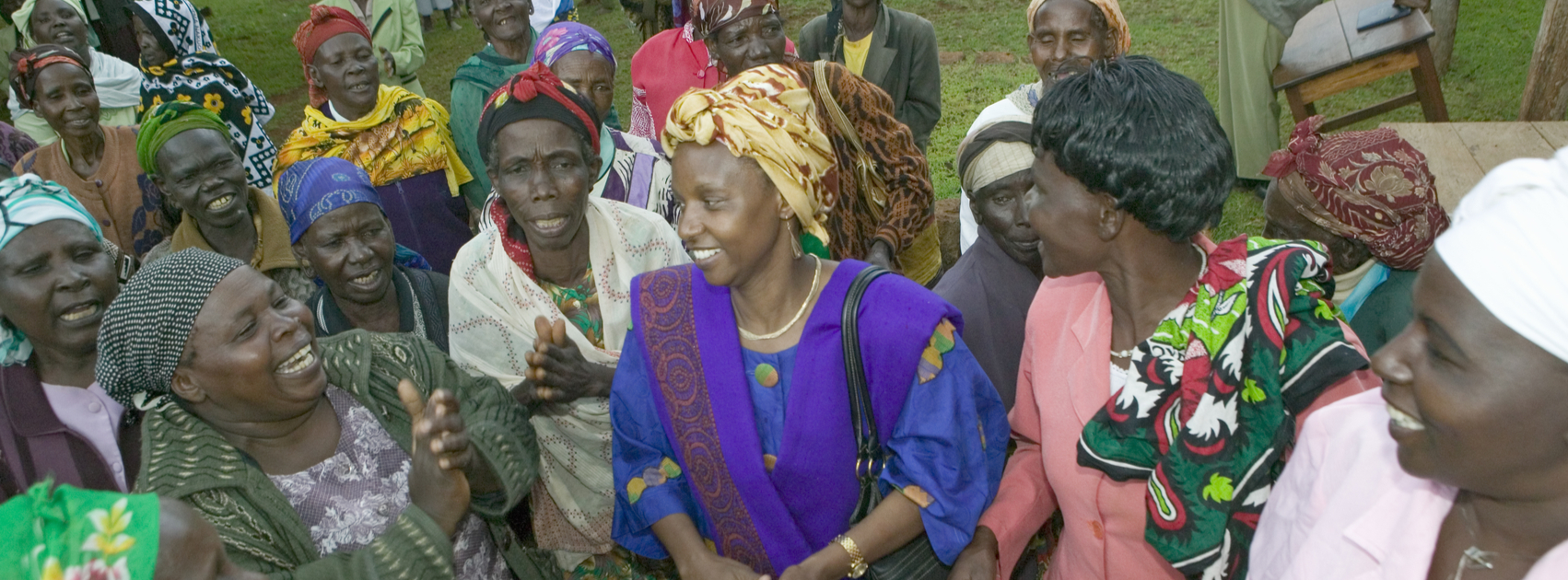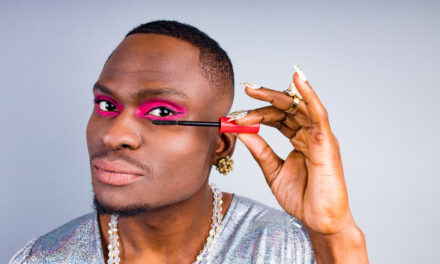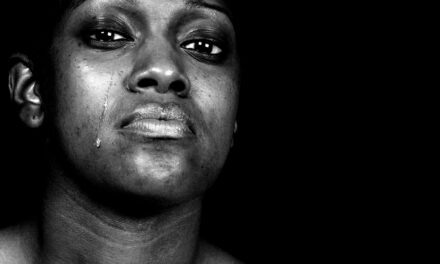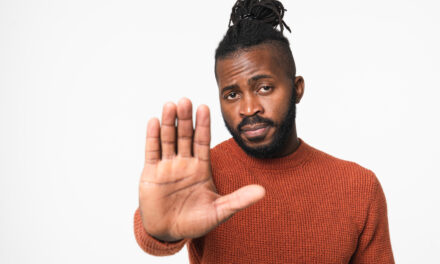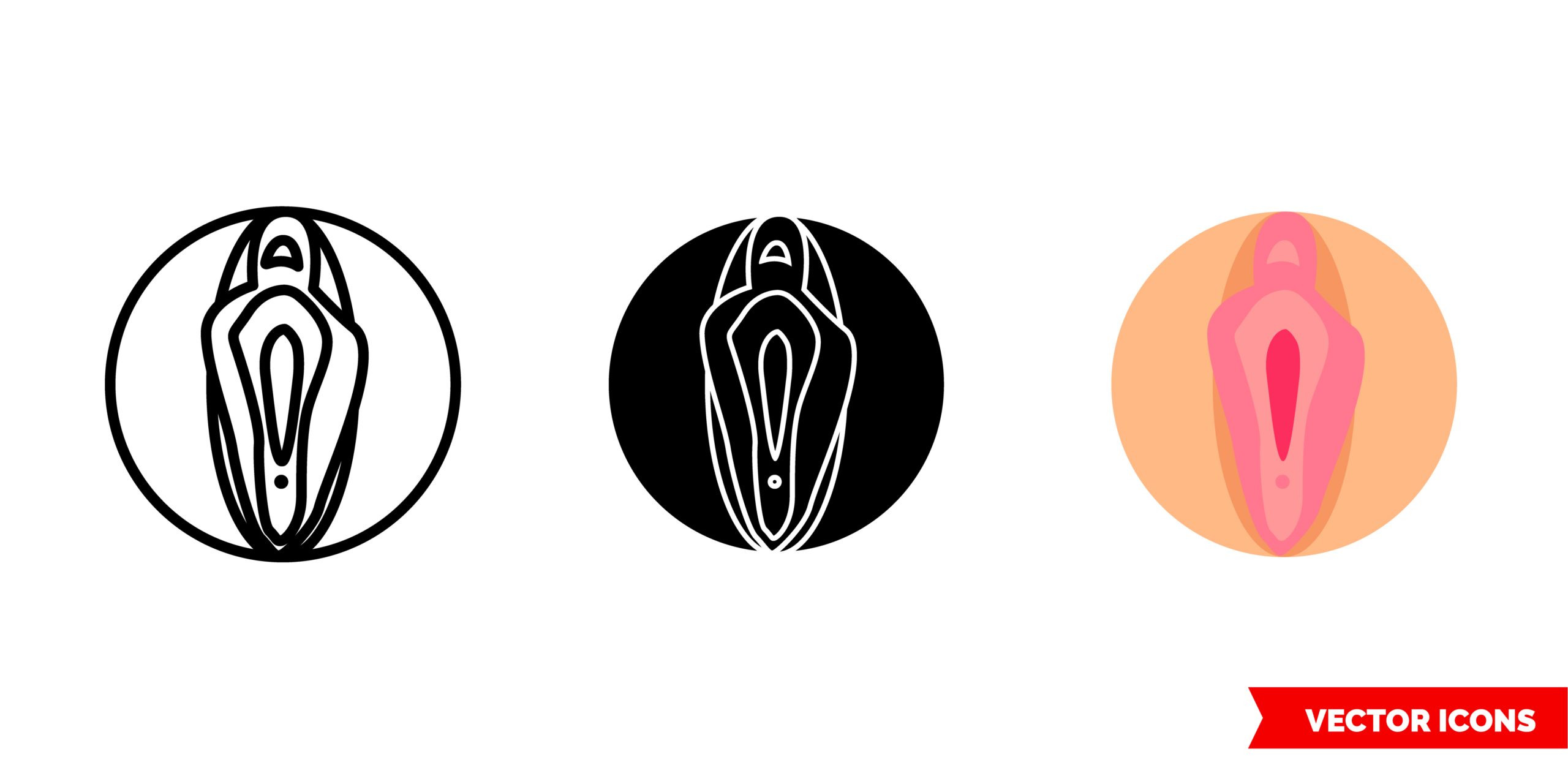In the latter part of 2016, I was planning my wedding for 2017 and getting into arguments on Facebook, mostly with Ghanaian men about their gender politics. This led to some exposure which in turn came with meeting like-minded women who became acquaintances and, some, friends.
Fast forward to 2017, I went to Ghana for 6 months or so and during my stay, the women I had met through Facebook decided to organise a disruptive gender activism group which took the country by storm in many ways. The idea behind the organisation was simple: pick existing narratives around gender which we deemed toxic and flip it on its head, thereby laying bare the ridiculousness of such narratives. While we successfully put gender on the agenda, gained some traction and scored prime interviews on national TV and even the BBC, it also exposed the individuals who made up the group to a lot of vitriol on social media and even in person. The exposure opened my eyes to the fact that, media spaces being dominated by male voices contributed to a large extent the idea that women’s voices and perspectives did not matter and this has a huge impact on the way women are perceived in society. Media shapes public perception so any society that erases the voice of a certain group is an oppressive one.

The idea for FemInStyle Africa was born out of this experience. Although I am from Ghana, I follow a lot of other African feminists on Facebook, and I realised that women face the same issues across the continent. The erasure of women’s voices in public discourse seems almost deliberate and having our experiences constantly invalidated often leads to women being hesitant about actively participating in public life. Representation of women in politics remains stubbornly low and even when women get into politics, they are kept from important executive committees such as cabinet where policy is effected. Only Ethiopia, South Africa and Rwanda have achieved a balanced cabinet of 50/50 with Ghana at just 26% although the population is split evenly along gender lines. The narrative around women as homemakers keeps being peddled, even by Heads of States like the President of Nigeria, on an international stage. The Ghanaian president, who is also the Africa Union’s ‘Gender Champion’ went to an international event and made claims that Ghanaian women were not dynamic enough for top-flight leadership, despite years of activism in both traditional and social media. In Botswana, women parliamentarians are hardly ever given the floor to speak during parliamentary sessions and women who break the glass ceiling in their respective fields are still the exception, rather than the norm. Financial illiteracy and lack of access to financial resources for women can, and often does, lead to women being placed in dangerous situations through marriage, trafficking and modern day slavery as described in this article on the plight of African women in the Middle East. Lack of access to basic healthcare, reproductive health and issues like rape, gender-based violence and period poverty continue to plague us as a continent.

The idea behind FemInStyle Africa is to encourage women to live to their full potential, encourage women’s participation in politics on both the local and national level, take control of their health, finances and actively participate in the fight for a more equal and balanced society. We are a feminist magazine and we aim to centre the voices of women each step of the way and speak truth to power. Our target audience is women, but we are a unicorn in the activism space because we want to target ALL African women, not just feminist women. I believe that the fight for equality and gender justice is achievable, but we cannot leave a single woman behind. Our issues transcend class and caste and our approach therefore will be intersectional.
When I had the vision for FemInStyle Africa, I foresaw a space where the younger generation can look to for inspiration, find positive role models and mentorship while our more mature readers will find a space where their experiences and issues are validated and where they can find a safe space where sisterhood is offered without judgement.

With writers from 6 different African countries and counting, we hope to go further than just creating a magazine. We want to shift norms, change lives, and create a movement of African women unifying to dismantle systems of oppression designed to hold us back and taking our space in life in ways that will benefit society.
Thank you for reading our magazine and we hope that you spread the word and come back again and again!

